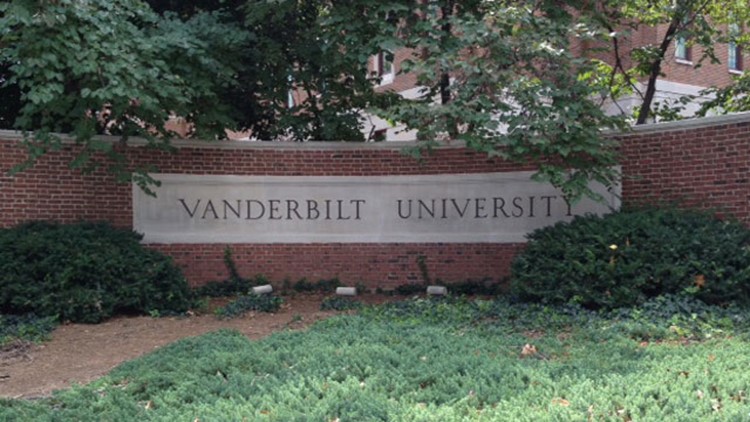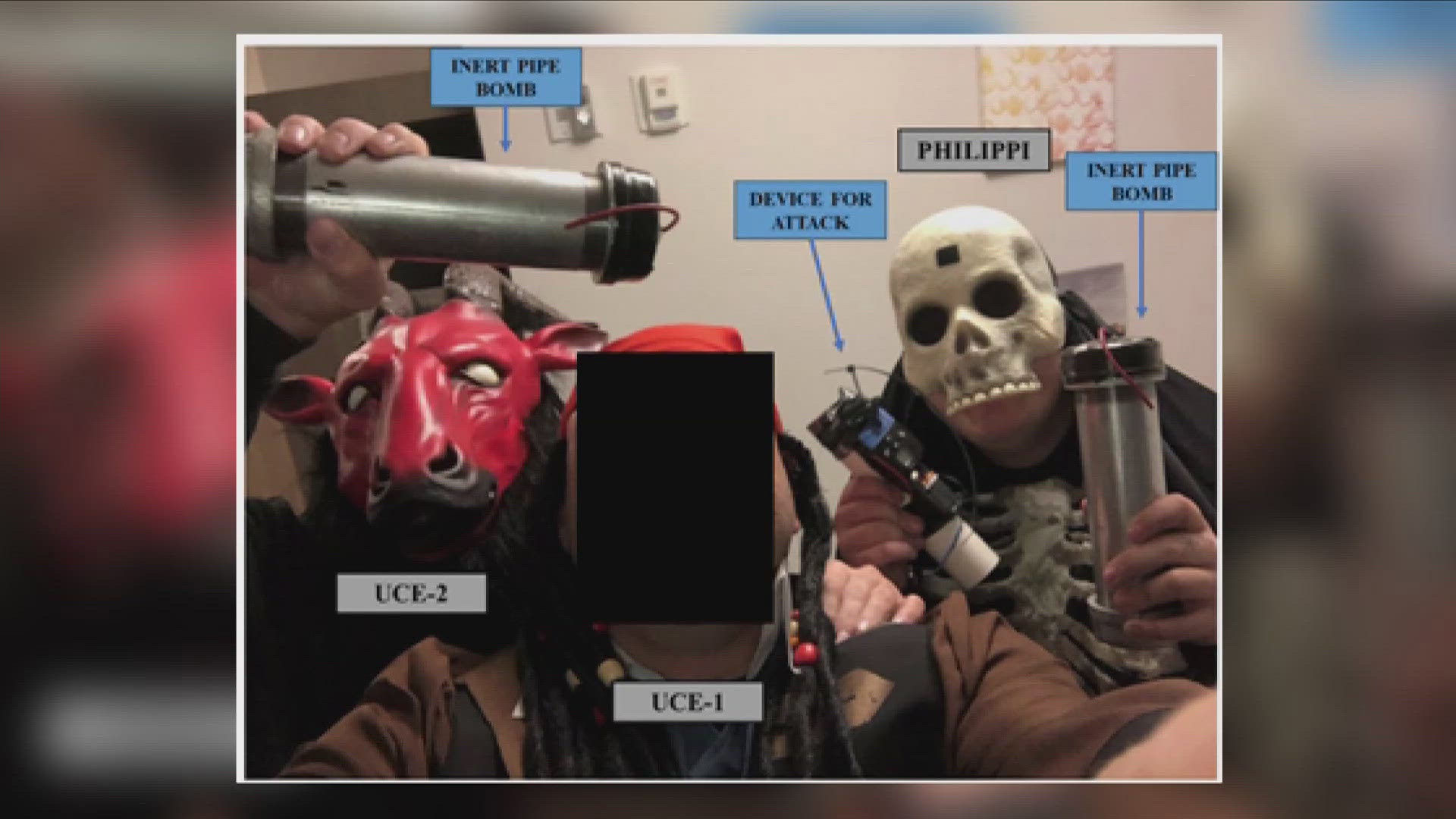NASHVILLE, Tenn. — The deep partisan divide in Tennessee has never been more apparent than on the questions of whether citizens will get the COVID-19 vaccine and curb holiday travel at the height of the global pandemic, according to the latest Vanderbilt Poll-Tennessee. The poll also found a deep chasm between registered Republicans and Democrats on the legitimacy of the results of the presidential election.
“Political partisanship is the ultimate factor shaping Tennesseans’ beliefs on every vital issue of the hour — the pandemic, the economy and the election,” said John Geer, Ginny and Conner Searcy Dean of the College of Arts and Science and co-director of the poll. “The disparities in decision-making between Tennessee Republicans and Democrats are at an all-time high, a signal to the new administration on the challenges that lie ahead to unify America.”
The survey of 1,007 registered Tennessee voters was conducted between Nov. 18 and Dec. 8, 2020, with a margin of error of ±3.6 percentage points. The statewide poll is conducted twice a year by Vanderbilt University’s Center for the Study of Democratic Institutions (CSDI), directed by Geer and Josh Clinton, Abby and Jon Winkelreid Chair and professor of political science. Full results and methods can be found at vu.edu/poll.
Republicans overwhelmingly doubt the validity of the results of presidential election: Only 12% of registered Republican voters in Tennessee are confident that nationwide votes were counted fairly and accurately, as compared to 97% of registered Democrats. Even when assessing the accuracy of the vote count within the state, Republicans still expressed more doubt about the accuracy of the results than did Democrats. Such a finding suggests that Trump’s attacks on the process extend to red states and his own supporters.
Almost a month after Election Day, only 15% of registered Republicans polled think Joe Biden is the legitimate winner of the presidential election, while 70% think Biden is trying to “steal the election.” By contrast, 95% of registered Democrats polled think Biden is the legitimate winner, and 70% think President Trump is trying to steal the election. In addition, 35% of registered Republicans did not think President Trump should concede after the Electoral College certifies their votes.
“In no other time in recent history have we seen voters so skeptical and dissatisfied with election results,” Geer said. “Even those voters satisfied with the outcome remain concerned that the opponent is trying to steal the election. Such obstinance must be curbed or could result in a long-term decline in the public’s faith in democratic institutions.”
Partisanship aligned to skepticism on vaccine despite higher awareness and concerns of COVID-19
When a vaccine to protect people from COVID-19 becomes available to the public, 75% of Tennesseans polled stated they are likely to get vaccinated. However, 36% of Republicans polled report that they are unlikely to get the vaccine compared to 15% of Democrats. This is in spite of increased concern and awareness of the coronavirus at the community level:
- 80% of registered voters in Tennessee report knowing someone that has contracted coronavirus, consistent across urban, suburban and rural communities as well as partisanship.
- 66% are concerned that they or a member of their family will contract coronavirus, up an average of 6 points from spring 2020, with 10+ percentage point increases in urban and rural areas. Concern among registered Republicans polled has surged 17 percentage points from spring 2020 (37% to 54%), and concern among registered Democrats remains high at 88%, up 6 percentage points from spring 2020.
- 62% of Tennesseans polled believe that the pandemic is now a large or extremely large public health problem, an increase of 34 percentage points across urban, suburban and rural communities since spring 2020. Among Democrats, 83% think the pandemic is a large or extremely large public health problem, up 32 percentage points from spring 2020. However, only 47% of Republicans think that COVID-19 poses a large public health problem.
Polarization affects socializing, travel plans: Despite raised awareness and concern for COVID-19, 32% of Tennesseans do not plan to change how they would normally celebrate the holidays with family and friends. 52% of registered Republicans won’t change their plans, as opposed to 14% of registered Democrats. Also, 22% of registered Tennessee Republicans do not usually wear a mask or face covering in a store or public place where they encounter other people, compared with 0% registered Democrats and 11% registered Independents. The “0%” is rare in polling and underscores the dramatic polarization on this issue.
Concerns over education are the great equalizer: One issue Tennesseans agree on is that they are somewhat or very concerned that the pandemic has diminished learning for students at the elementary (87%), middle (88%) and high school (87%) level, with little disparity between registered Republicans and Democrats.
“It’s clear that Tennesseans increasingly see the negative impact of the pandemic on their communities, especially as an inhibitor of public health and a quality education for their children,” Clinton said. “Yet there still remains significant, intentional resistance to the CDC’s top recommendations to prevent the spread of the virus.”
Tennesseans optimistic on U.S., state economy: Confidence in the U.S. economy rebounded to fall 2016 levels at 53%, up from 35% in the spring. Further, confidence in the Tennessee economy significantly increased from 51% to 67%. At the same time, approval for Gov. Bill Lee fell 7 percentage points to 57%, the first decline in approvals since Lee came into office. Approval ratings for President Trump (54%), retiring Sen. Lamar Alexander (47%) and Sen. Marsha Blackburn (49%) stayed consistent with earlier polls.
“Democrats’ approval of Governor Lee declined by a significant 22 percentage points, which likely reflects dissatisfaction with his response to the pandemic among Democrats and independents,” Clinton said. However, his approval among Republicans was the same in May 2020. “Registered voters may be somewhat less favorable to Governor Lee now than they were in May, but his support among the Republican base remains strong,” he added.
The COVID-19 pandemic continues to be the leading priority for the Tennessee State Government for 37% of Tennesseans polled, followed by the economy (28%) and education (13%). The registered Democrats polled overwhelmingly prioritize the pandemic (64%), education (13%) and the economy (8%), whereas registered Republicans polled prioritize the economy (40%), the pandemic (19%) and education (13%). Health care was the top priority for 9% of Tennesseans polled, followed by infrastructure at 5%. The difference in priorities underscores another dimension of polarization within the state.



